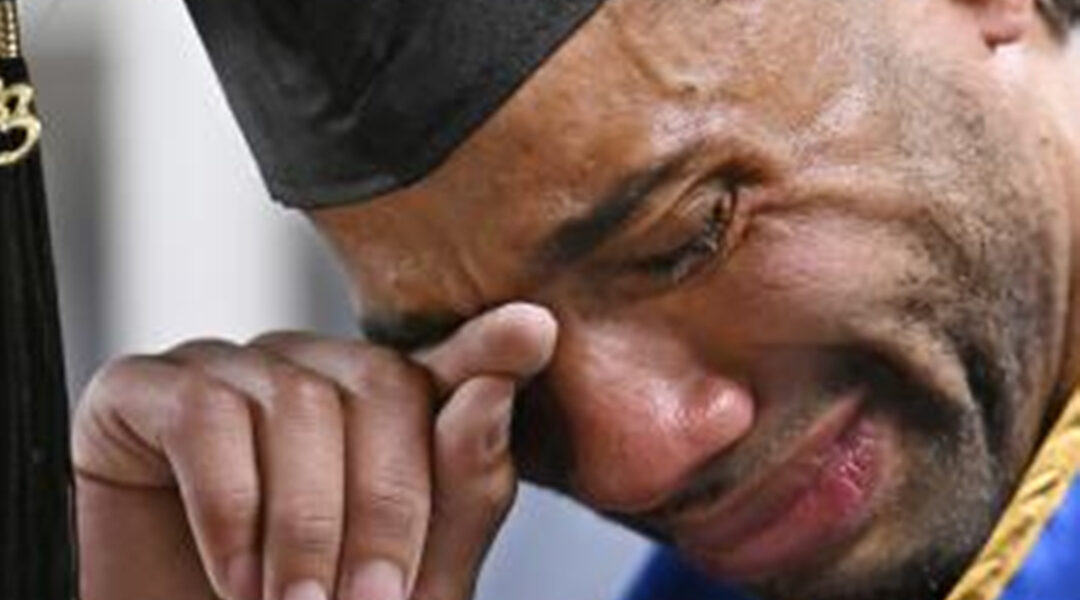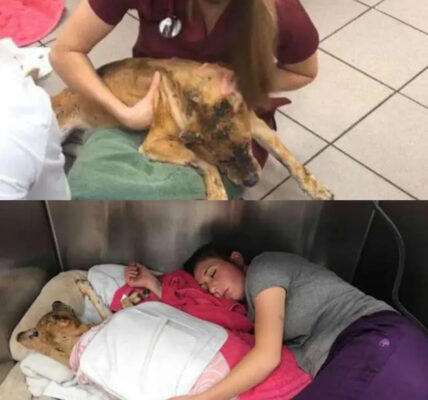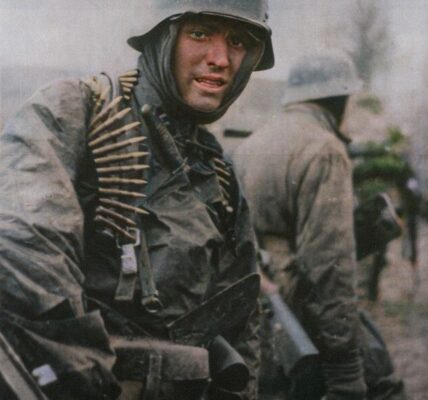
Prison is a place where hope is often scarce. Days blend together in endless repetition, and opportunities for growth feel almost nonexistent. Yet, within those walls, something remarkable unfolded—a story of resilience, redemption, and the transformative power of education.
Marvin Harvin is one of seven incarcerated men who accomplished the unimaginable: earning college degrees while still serving time. Through the Yale Prison Education Initiative, a pioneering program that brings world-class education into correctional facilities, Harvin and his peers graduated with associate degrees in general studies from the University of New Haven.
For Harvin, the achievement still feels surreal. “To be in prison and have a school like Yale teach you… it doesn’t feel real,” he admitted, his voice carrying equal parts disbelief and pride.
The Yale Prison Education Initiative was never about charity—it was about belief. Belief that education could thrive anywhere, even behind bars. Professors walked through prison gates with textbooks in hand, turning classrooms of concrete and cinderblock into spaces alive with ideas. For a few hours each day, students like Harvin weren’t defined by their inmate numbers. Instead, they were writers, thinkers, and dreamers—debating literature, solving math problems, exploring history, and asking big questions about the world and their place in it.
Assignments weren’t easier because of their circumstances. Essays had to be written, research had to be done, and exams had to be passed. Some wrote notes by hand late at night in their cells. Others studied under the faint light of corridor bulbs. Every page read, every sentence written, was an act of determination.
For Harvin, the diploma wasn’t just a piece of paper—it was proof that change was possible. “This degree means I can dream again,” he said. “It means I’m not just an inmate. I’m a student, a graduate, and someone who can make a difference.”
That difference extends far beyond prison walls. Studies consistently show that inmates who participate in educational programs are far less likely to return to prison after release. But beyond statistics, education restores something deeper: dignity, self-worth, and hope. Harvin and his fellow graduates didn’t just study for themselves. They studied for their families, for their children, for the future selves they wanted to build once free. Each class was an act of resistance against the idea that prison must only be a place of punishment. For them, it became a place of preparation.
The story of Harvin and his classmates resonates far beyond their facility. It forces society to reconsider what rehabilitation truly means. If seven men can transform their futures through education in the most limiting of circumstances, what could be possible if opportunities like this were expanded? Their success isn’t simply personal—it’s communal. It challenges the stigma that prisoners cannot change. It shows that within every person lies the capacity for growth if given the tools and the chance.
Harvin’s journey is far from over. The degree he earned is just the beginning, a stepping stone to bigger dreams. He hopes to continue studying, to mentor others, and to prove that people are more than the sum of their mistakes. For him, graduation day behind bars was a moment of liberation. Standing in front of his peers, holding his diploma, Harvin wasn’t just an inmate—he was proof that learning can break chains even when steel bars remain.
“It doesn’t erase the past,” he reflected, “but it gives me a future. It gives me hope.”
And in that, his story becomes larger than himself. It becomes a reminder that education has the power not only to open minds but to rebuild lives—even in the unlikeliest of places.




